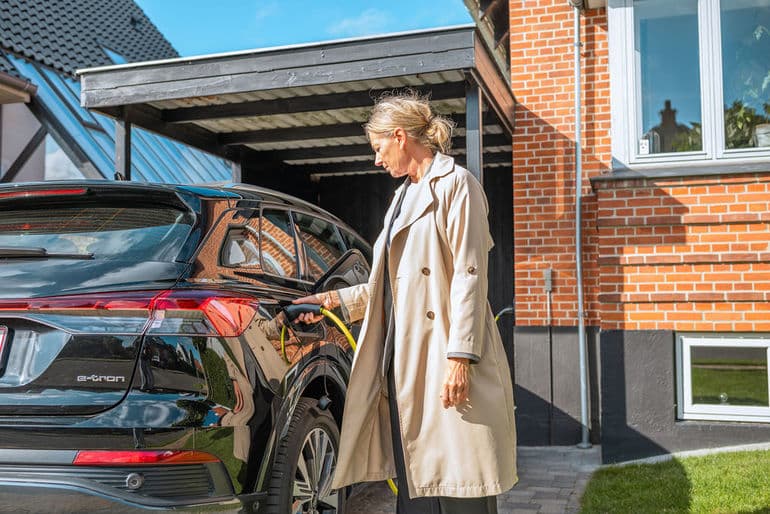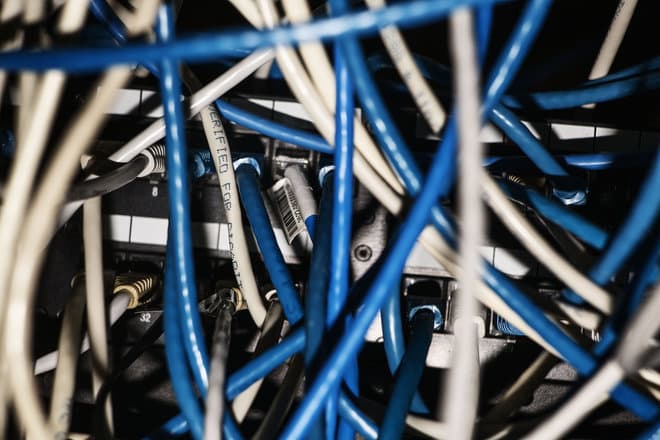
A new analysis among Danish electric car owners, which A&B Analyse has prepared for Energi Fyn, shows that the economy weighs the most when the electric car needs to be charged. Four out of five go for the lowest electricity price, while only 21 percent plan the charging based on when the electricity comes from the sun and wind. This is stated by Energi Fyn in a press release.
It is quite natural that the economy plays a major role. But the positive thing is that low prices and green electricity often go hand in hand, so when you go for a low price, you also use electricity at times when there is either not much pressure on the electricity grid, or there is already plenty of electricity from renewable energy sources available, says Christian Drejer, commercial director at Energi Fyn.
The analysis also shows that 77 percent of electric car owners feel a responsibility to shift their consumption so that the electricity grid is not overloaded. When they charge their car outside the most expensive hours, they relieve the grid and save money at the same time.
- It is a strong signal that electric car owners are aware of their role in the energy system. When you charge your car when there is plenty of renewable energy, you do something good for both your wallet and the grid, says Christian Drejer.
The electricity price typically peaks between 5 p.m. and 9 p.m., when many people use electricity at the same time. To avoid congestion, the grid tariff increases during these hours, which motivates more people to move charging to times with lower prices and more renewable energy.
amp
Text, graphics, images, sound, and other content on this website are protected under copyright law. DK Medier reserves all rights to the content, including the right to exploit the content for the purpose of text and data mining, cf. Section 11b of the Copyright Act and Article 4 of the DSM Directive.
Customers with IP agreements/major customer agreements may only share Danish Offshore Industry articles internally for the purpose of handling specific cases. Sharing in connection with specific cases refers to journaling, archiving, or similar uses.
Customers with a personal subscription/login may not share Danish Offshore Industry articles with individuals who do not themselves have a personal subscription to Danish Offshore Industry.
Any deviation from the above requires written consent from DK Medier.



























